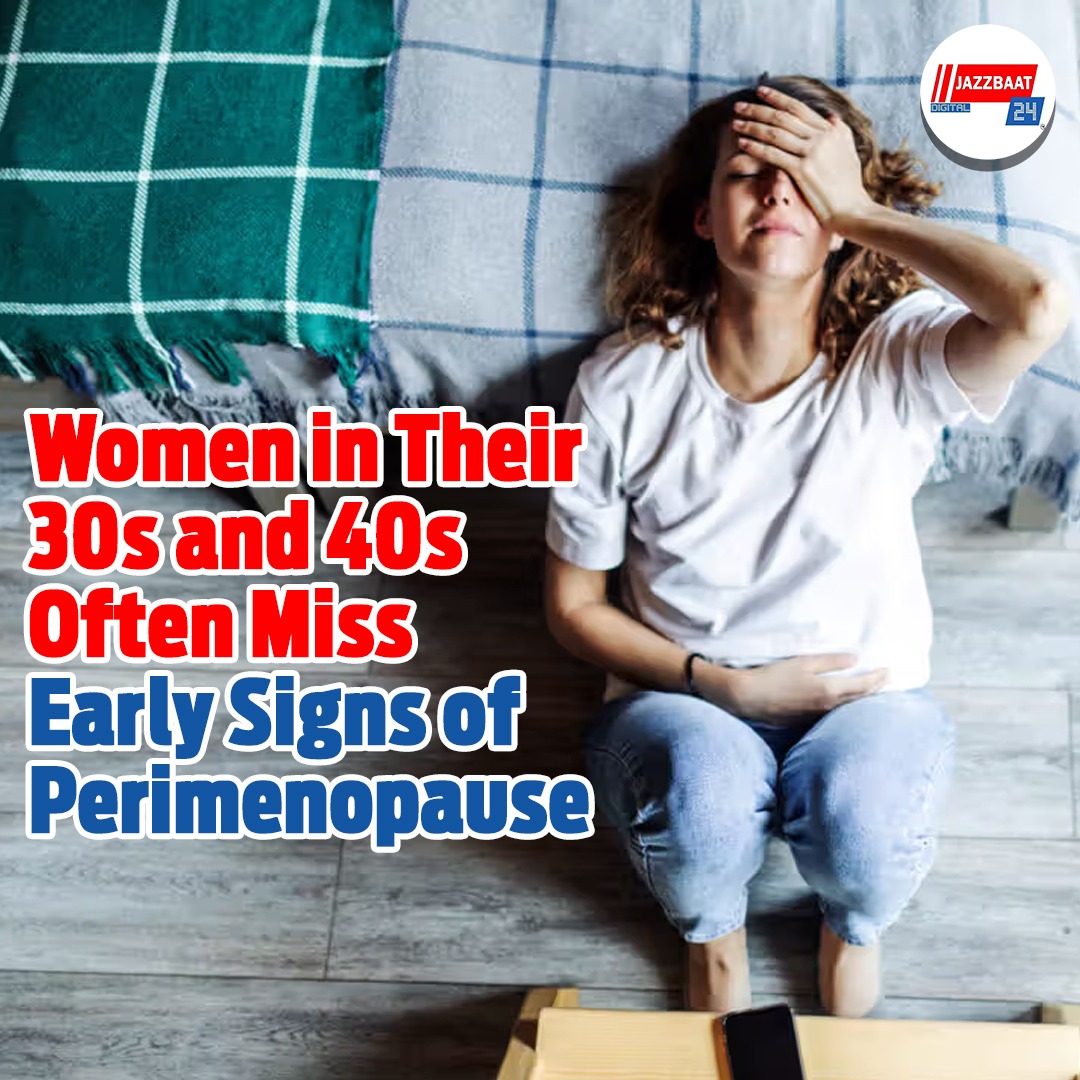
Perimenopause, the period preceding menopause, can start earlier than anticipated, with many women in their 30s and early 40s experiencing symptoms like anxiety and night sweats. As exemplified by Priya Sharma, who initially confused her perimenopausal symptoms with burnout, this hormonal shift can catch women off guard since menopause typically occurs later. Experts stress the importance of recognizing these early signs for effective symptom management, health preservation, and overall well-being.
When does the perimenopause begin, and what is it?
Perimenopause is the phase preceding menopause, during which the ovaries gradually decrease estrogen production. This hormonal transition can last anywhere from a few months to over ten years. While the exact timing varies for each woman—some starting in their late 30s, others in their 40s—menopause officially begins after 12 consecutive months without a menstrual period. Being prepared for this unique timeline is key. Early perimenopausal symptoms are frequently confused with stress.
Perimenopausal symptoms are frequently misattributed to lifestyle issues, according to medical experts. Common indicators include irregular periods, anxiety, mood swings, sleep disturbances, chronic fatigue, hot flashes, night sweats, brain fog, forgetfulness, vaginal dryness, low libido, and unexplained abdominal weight gain.
Awareness of perimenopause in your 30s is vital because its early signs, like mood swings, fatigue, and anxiety, are often mistaken for stress amidst work, family, and personal life demands. Recognizing these symptoms allows for better management and informed fertility planning, as perimenopause can impact ovulation. If symptoms such as irregular periods, hot flashes, poor sleep, or vaginal dryness persist for weeks, doctors advise consulting a gynecologist for clarity through hormonal tests and symptom tracking. Although there's no "cure," lifestyle changes like consistent sleep, nutritious eating, regular exercise, hydration, and stress management (e.g., yoga, meditation) can ease the transition. Mental health support via therapy and open communication with loved ones is also beneficial. Perimenopause in your 30s is a natural phase, not early aging, and understanding these hormonal shifts empowers women to proactively manage their health.